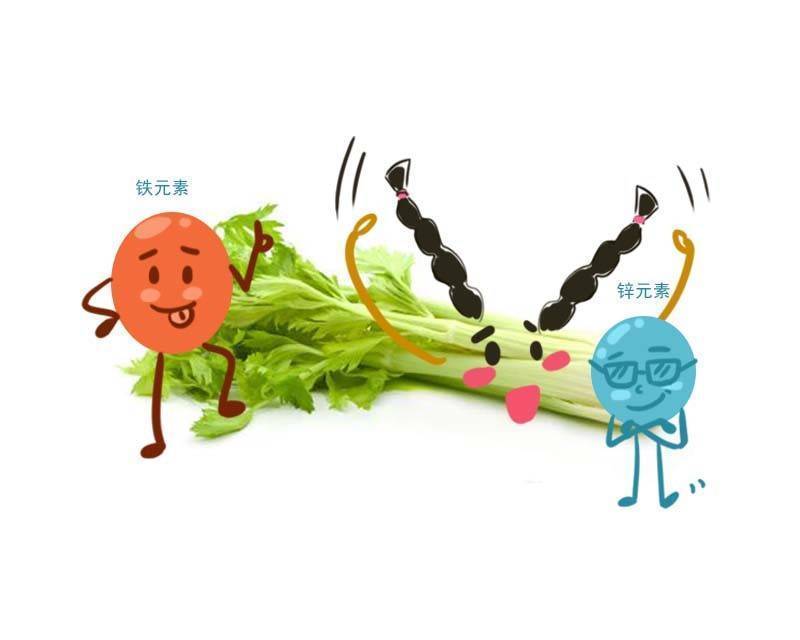Recently, the “Dietary Guidelines for Chinese Residents 2022” has also been launched.
It is mentioned that if you want to meet the vitamins required by the human body through diet, it is recommended to consume more than 12 kinds of food per day and more than 25 kinds of foods per week.
This also means that the daily consumption of fruits and vegetables must reach more than 4 kinds, of which fresh vegetables are about 300g, which is equivalent to the amount of 3 tomatoes.
The fresh fruit is 200-350g, which is equivalent to 1 apple + 1 orange. At the same time, it is necessary to pay attention to the intake of dark green. If these standards are not met, it needs to be under the guidance of a doctor. Adequate vitamin supplementation.

What exactly is dietary fiber?
Dietary fiber is a polysaccharide that cannot be digested and absorbed by the gastrointestinal tract, and itself does not bring energy to the human body.
But today, with the increasingly refined dietary structure, dietary fiber has been identified as the seventh type of nutrient. Through its unique tandem effect, the intestinal absorption of nutrients becomes more selective and accelerates. Digestion, metabolism and detoxification can help expel excess fat and sugar, and reduce the incidence of hypertension, hyperlipidemia and hyperglycemia.
It is divided into soluble and insoluble dietary fibers, which exist in different foods, many of which are green and healthy foods that we emphasize on a daily basis.

There are many benefits of dietary fiber, which are as follows: p>
First, regulate the stomach
Dietary fiber helps to improve constipation, regulate intestinal function, and there are many ingredients that help relieve diarrhea. For example, the gums and pectins contained in many of these foods have the function of regulating the intestinal flora and improving the intestinal environment.
Second, the preventive effect on some cancers
Dietary fiber can prevent some cancers, such as stomach cancer, bowel cancer, etc. , Because of its role in accelerating intestinal peristalsis, it can help gastrointestinal absorption, protect the gastric mucosa, help detoxification, and reduce damage to the gastrointestinal tract.
Third, detoxification and detoxification
Dietary fiber is mainly a polysaccharide structure, and polysaccharide is a natural “antidote”, which can metabolize and excrete various toxins. Young people who go to work and school are in particular need.
Fourth, lose weight
The main dietary structure of people who lose weight needs a lot of dietary fiber, because dietary fiber can break down excess fat, Reduce intestinal absorption of fat and sugar, thereby reducing body calorie storage, which can reduce absorption and burn fat.
In addition, dietary fiber has many functions, including prevention and treatment of intestinal diverticulosis; prevention and treatment of cholelithiasis; lowering the content of cholesterol and triglycerides in human blood; controlling and lowering blood sugar.

What foods does dietary fiber mainly exist in?
Dietary fiber in daily life cannot be directly ingested, but can only be ingested through various foods. Foods that contain more dietary fiber in our common foods are:
< p>1. Cereals
Including various coarse grains, such as barley, oats, buckwheat, corn, etc., which are rich in dietary fiber.
2. Fruits
Including apples, pears, bananas, these fruits are rich in dietary fiber.
3. Vegetables
Including celery, cabbage, leeks, spinach, etc. Most vegetables contain a lot of dietary fiber.

Can eating whole grain biscuits meet the needs of dietary fiber?
There are many foods on the market about dietary fiber, such as whole grain biscuits.
But unfortunately, due to the indigestibility of dietary fiber itself, especially insoluble dietary fiber, the taste is actually not very good. A lot of fat components are added during processing.
Therefore, in essence, such whole grain biscuits contain less dietary fiber and more fat, so it is difficult to be regarded as a healthy food.
Similarly, those dietary fiber supplements are not recommended.
On the one hand, the dietary fiber content of these health products is not necessarily as rich as that of food, and some health products may also add some other unknown ingredients, and the safety is often difficult to guarantee.
On the other hand, the price of these dietary fiber health products is not cheap, it is really not as healthy and simple as eating more fresh fruits and vegetables.
